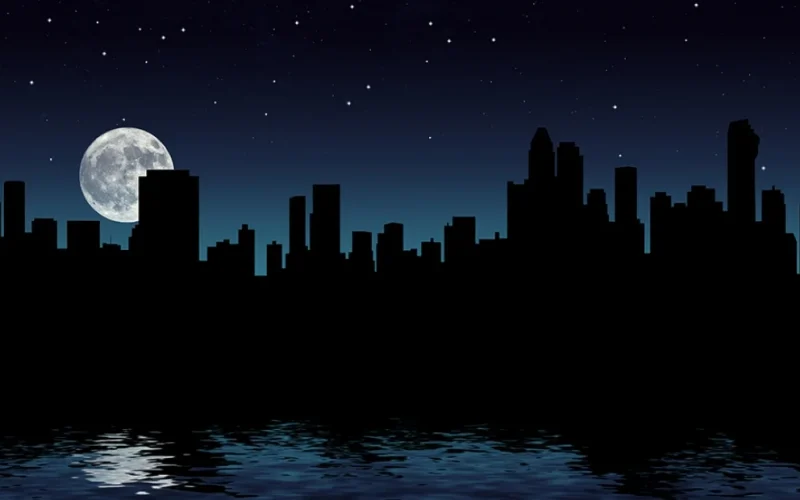Concrete is the most popular material for renovation projects, including patios and driveways. Concrete is often the ideal balance of durability and cost-effectiveness when compared to other choices. Modern solutions come in a variety of styles and colors to fit almost any design. Is there, however, equality among concrete products?
How to Prepare for a Power Outage During Any Season

Power outages can be a scary and unexpected event. A power outage may result in your home or business being without electricity, which means you’ll have no lights or heat! This is not just bad for those who live there; it puts everyone else at risk too because recovering from such an emergency takes time–time that we all could use more quickly than waiting around until someone gets their act together on the phone line (or waits hours using old technology).
Was there a sudden loss of electricity during a winter storm? Or was this planned outage on a 110-degree day?
If the power outage is due to extreme weather, stay where you are and do not try to drive somewhere else. This is especially important if you live in an area that is prone to severe weather conditions. If you must leave, only do so if you have a fully charged cell phone and can let others know your destination and estimated time of arrival.
If the power outage is due to a heat wave, try to stay indoors as much as possible. Drink lots of fluids and avoid strenuous activity. If you must go outside, wear loose-fitting, light-colored clothing and sunscreen. Stay in the shade as much as possible, and take frequent breaks.
In any case, always have a power outage kit ready and easily accessible. This should include items like flashlights, batteries, a first-aid kit, non-perishable food, and water.
If the power goes out, the first thing you should do is check your fuse box or circuit breaker to see if the outage is localized to your home or business. If the power is out in your area, there are a few things you can do to stay safe and comfortable until it comes back on:
What’s the best way to stay safe and prepared during a power outage?
If you live in an area that is prone to power outages, it’s important to have a plan in place. Here are some tips:
– Keep a flashlight and extra batteries on hand.
– Make sure your cell phone is fully charged.
– Know where your main water shut-off valve is located.
– Have a list of emergency numbers on hand, including your local utility company’s number.
– If you use medical equipment that requires electricity, have a backup plan in place.
– Keep non-perishable food and water on hand.
– Know how to manually open your garage door.
– Keep candles and matches in a safe place.
– Stay warm by wearing layers of clothing.
– Use coolers to keep food cold.
– Avoid using generators indoors.
– Check on your neighbors, especially those who are elderly or have young children.
When to Get Rid of Food Items
If you experience a prolonged power outage, you’ll need to know how to determine when to throw out food items. The United States Department of Agriculture (USDA) has a great guide on their website about how long food can be stored in the fridge and freezer during a power outage. Here are some key tips:
-Keep the fridge and freezer doors closed as much as possible to maintain the cold temperature.
-The fridge will keep food cold for about 4 hours if it is unopened.
-A full freezer will keep the temperature for approximately 48 hours (24 hours if it is half full) if the door remains closed.
-Refrigerated food should be safe as long as the power is out for no more than 4 hours. After 4 hours, food should be checked for signs of spoilage and either consumed, donated to a food bank, or thrown out.
-Frozen food is safe to eat if it still contains ice crystals or is at 40°F or below.
If the food has thawed, but is still ‘refrigerator cold’ (40°F or below), it can be refrozen.
-If there is any doubt about the safety of the food, it should be thrown out.
When the electricity returns, here’s what you should do
-Throw out any food that has been in the fridge or freezer for more than four hours.
-If you have a generator, only use it outdoors and away from windows to avoid carbon monoxide poisoning.
-Let your faucets drip slowly to prevent your pipes from freezing.
-Turn off all lights and appliances except for one so you’ll know when the power comes back on.
The best thing you can do to prepare for a power outage is to have a plan and be prepared. Knowing what to do ahead of time will help you stay safe and comfortable until the power comes back on.
By following these tips, you can be sure that you and your loved ones will be safe and prepared in the event of a power outage.



